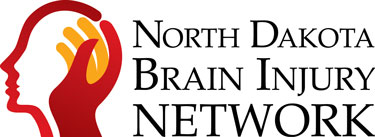Speech/Language Tip Sheet for Professionals
Speech/language problems can impact one's ability to express an idea verbally or through written means of communication.
Look for These Difficulties
- Difficulty completing written/verbal tasks
- Trouble participating in conversation or reluctance to speak (especially in group settings)
- May appear easily frustrated, inattentive, or vague
- Difficulty retrieving words when speaking or writing
- Difficulty following directions or recalling what was said (requesting repetition of information)
- Slowed/delayed speech or hyperverbal (speaking rapidly, non-stop talking)
Accommodations
- Encourage verbal summary or paraphrase important information back to you
- Suggest recording key points on paper or by voice recording
- Give directions, or ask questions slowly, repeat if necessary, and allow additional time for response
- Add as much visual content as possible to communicate. Instead of giving a handout with large blocks of text, use pictures, graphs or maps to convey as much of the relevant information as possible.
- Abstract concepts and sarcasm can be difficult to understand, so aim to be concrete. For example, try to stay away from figurative speech, for instance, that is "music to my ears."
- With seemingly negative social behavior, like inappropriate tone of voice, lack of eye contact, or standing too close – be patient, point out those problems, model prosocial cues, and have the individual practice.
- Provide clear expectations and concise feedback
- Using alternative formats can help individuals express their thoughts and ideas more easily (encourage use of art or music)
